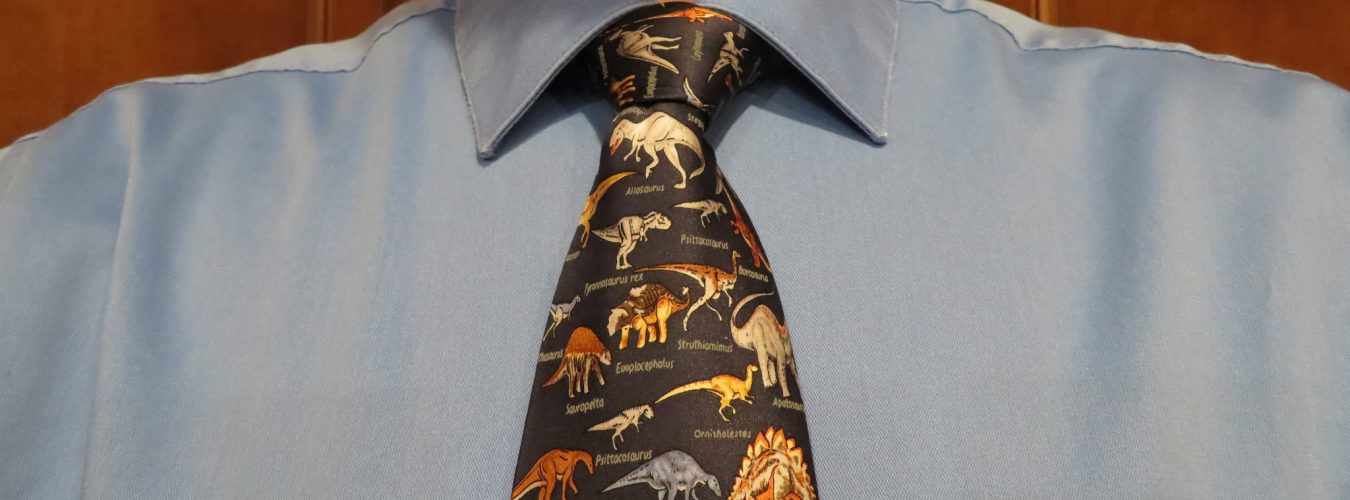Not surprisingly, one of the first questions emailed to me was, “How did you get your start as a freelancer?” followed up with “How can I become one?”. This is going to be an uncharacteristically long post so, grab a snack, fill up your favorite beverage, and prepare for some personal storytelling of my beginnings in the game industry. But wait, there will be a small twist of the original questions to “How do you become a “successful” freelancer?”
Let’s start with the most common ways often mentioned for becoming a freelancer. Each requires some luck along with your talent.
- You can apply to an Open Call For Talent by a game publisher. Many publishers post on their websites and social media when they are looking for new freelancers, especially artists, layout specialists, and writers.
- You can schedule a time to Meet Face-to-Face with a game publisher at a game convention. Let me emphasize the “schedule a time.” Game publishers and their staff are very busy at conventions with announcements, demos, interviews, seminars, and more. You can go a long way toward increasing your chances of obtaining freelance work by scheduling the time to meet rather than randomly approaching them on the convention floor or at a pub with your portfolio or business card.
- You can Post Your Portfolio online and hope a game publisher discovers your work or has it recommend to them by others who notice it.
I did not follow any of those three options. I didn’t get a lucky break, so then how did I become a freelancer? Thomas Jefferson stated it well, “I’m a great believer in luck, and I find the harder I work the more I have of it.” I spent years building Relationships in the game industry before I became a freelancer. My advice for becoming and remaining a “successful” freelancer in the game industry is to build relationships. Pull up a chair and listen to my tale.
Once upon a time…A long time ago in a galaxy far, far away…It was a dark and stormy night… Well, not exactly. It was more a series of fortunate events.
In late 2010, I won a couple creative writing contests hosted by Angus Abranson (with Cubicle 7 at the time). Throughout 2010 and 2011, I continued to correspond with Angus, building a friendship with him. In late 2011, Angus left Cubicle 7 to start up another company, Chronicle City. In early 2012, Angus asked me if I would be interested in helping with his new company, so I volunteered to manage the website, online store, social presence, and other duties as assigned. Gen Con 2012 rolled around and I attended as a representative of Chronicle City and volunteered in the FASA booth. I met numerous game industry people my first Gen Con as a volunteer exhibitor. Early in 2013, Angus recommended me to David Jarvis (Gun Metal Games) to help proofread his book, Interface Zero 2.0. This was my first proofreading project, but I did it as a volunteer with Chronicle City, not as a freelancer (yet). Still, it was great experience learning the duties and responsibilities of a proofreader, communicating with a publisher and author. Gen Con 2013, I organized and managed the Chronicle City booth. There I got to work alongside and become friends with Chris Birch (Modiphius), Lynne and Richard Hardy (Modiphius), Jonathan Thompson (Battlefield Press), and many more great people. While at Gen Con 2013, I also met Jeff Gracia (GreenBrier Games) while demoing a game he had on Kickstarter. After Gen Con 2013, Chris and Angus recommended me to Sarah Newton (Mindjammer Press) to help edit and proofread Mindjammer 2.0. This was another volunteer project, but it offered me further experience and more name recognition. After those two projects, I found I really enjoyed that type of work, and it fit well within my responsibilities at home (I will write more in the future on life balance and priorities as a freelancer). Through discussions with Chris Birch and Lynne Hardy (Modiphius), they gave me my first real freelancing opportunities as a proofreader in their Achtung! Cthulhu line. Building upon my earlier volunteer work and now this paid work, I attended Gen Con 2014 as a true freelancer. There I met up again with Jonathan Thompson (Battlefield Press), where we worked out an opportunity to work on his Eldritch Skies game. I also made sure to visit with Jeff Gracia (GreenBrier Games) at his booth again, demoing his newest games, and discussing future projects. That discussion led to me proofreading the manual for their recent Kickstarter, Heavy Steam.
Some may call these fortunate events luck, but I don’t see it that way. Aldous Huxley states, “Experience is not what happens to a man; it is what a man does with what happens to him.” This is that twist I mentioned earlier by adding “successful” to the question. I spent time building relationships and friendships in the game industry through volunteer work and honest communication. Building those relationships meant I already had the trust of these publishers, so when an opportunity to work with them became available, they were willing to give me my first projects as a freelancer. Even when I had some missteps early on in some of my projects (and I did and will discuss them in the future), that trust and open communication was already there. The publishers were willing to work with me through the challenges and even give me another chance at a similar project in the future. I had become a “successful” freelancer by building and maintaining strong relationships with the publisher.
When the publishers and designers know you through this relationship building, then you are a known and trusted individual when opportunities arise. Now it is not just luck or perseverance that provides you a start as a freelancer, but a relationship built upon trust and knowledge of who you are. You still have to prove you have the talent to succeed at the freelance work, but now you have the foundation of a friendship to build upon.
After you get your start as a freelancer, the continued relationship building and strengthening becomes even more important to your success. Other opportunities begin to open as your relationships with one publisher lead to introductions to other publishers which lead to new projects. Continuously seek opportunities to continue to grow relationships. Take this blog for example. It is my way of giving back to the gaming community with hopes of building relationships with you, my readers.


What a privilege it has been to watch this story unfold – and I look forward to seeing what comes next! 🙂
Love, Angie
Thanks for supporting me as I add blogger to my game industry work. Your encouragement allows me to pursue my freelancing.
For others reading this comment discussion, I cannot state strongly enough how important it is for your family to be a partner in your freelance work. This is a team effort, not a solo endeavor, when you have a family. You have to balance priorities, flex schedules, and share responsibilities at home to be able to manage your freelance projects, especially when they have tight schedules. Much like this post mentions building game industry relationships, you need to have a strong relationship at home as well.